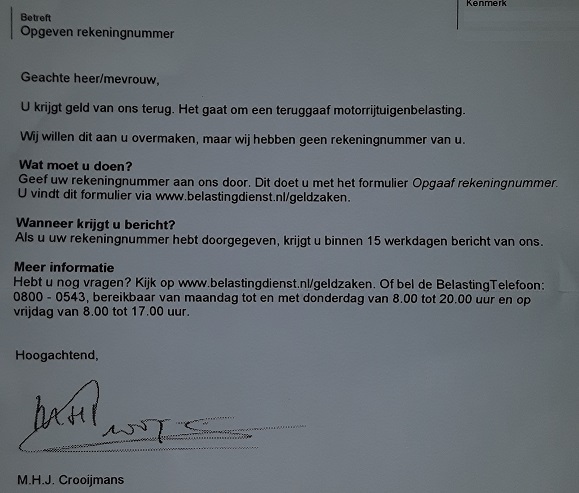In a similar vein to my previous post, I’d like to rant a bit about the glaring idiocy of the so-called scientists who announced, a few years back, that they had calculated the chance that God exists*.
Rest assured I don’t want to get into a discussion about the question of God’s existence. I’m pretty confident that if God, or Allah, or a “nameless life principle” as Paul Davies called it, does exist, it will by definition be impossible to prove. My problem is not with the philosophical side of the scientists’ approach, but with their statistical method.
Any scientific approach to the existence of God must of course be based on evidence. The only evidence we have available is the universe He allegedly created. Unfortunately, we have only one of those. And as anyone with minimum training in statistics can tell you, a sample size of N=1 is insufficient to draw reliable conclusions about anything at all. Stated numerically, a sample size N=1 would yield a variation of infinity**, and a corresponding infinitely large confidence interval****.
As a matter of fact, I wouldn’t have minded their claims so much if they’d been statistically accurate:
The chance that God exists is 60%, plus or minus infinity.
Or even more accurately:
We are 95% certain that the chance that God exists is anywhere between 0% and 100%.
* I think it was about 60%.
** Sample variation is calculated by dividing a statistical value*** by N minus 1. For N=1, N-1 is zero, and division by zero results in infinity.
*** The sum of squared differences between the measurements and the sample average, but who’s counting?
**** The range in which the measured average can be reliably said to fall, where the reliability used is usually 95%.
